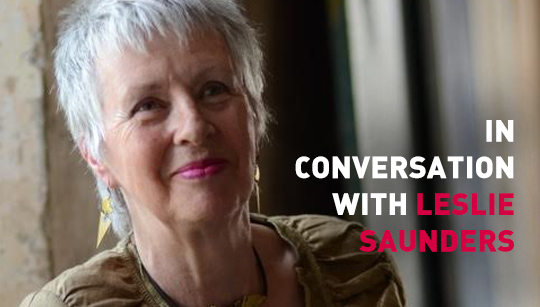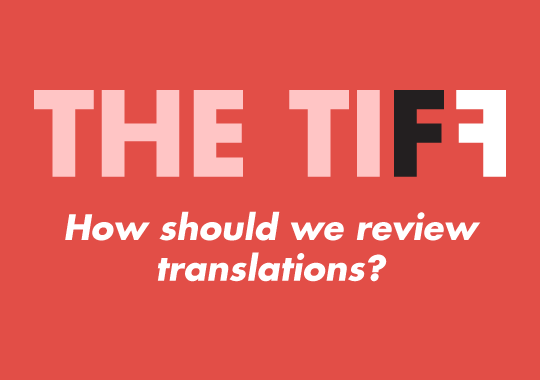Over the course of its four-season run, U.S. television show Crazy Ex-Girlfriend won acclaim and awards for its groundbreaking musical format, treatment of mental illness, and reinvention of romantic comedy tropes. Plus, it’s funny—really funny. Every episode contains jokes, quick banter, songs, and a slew of puns and double-entendres. Audiovisual translator Alicia González-Camino, who translated the scripts for Spanish dubbing, knew she’d have her work cut out for her. I spoke with González-Camino via email. Her responses to my questions, compiled below, illustrate her translation process and relationship to this project. Here she is, in her own words, discussing the show’s challenges and whether audiovisual translation counts as a literary art.
This interview has been edited for length and clarity and translated from Spanish.
—Allison Braden, Editor-at-Large for Argentina
As a translator, I started out doing any translation that fell into my hands, mostly technical, and it was so boring. I didn’t enjoy translating at all. Audiovisual translation, on the other hand, allows me to be more creative. I have fun translating, and I can feel proud of the result when I successfully make a scene or especially complicated speech flow well and sound natural. It’s a kind of translation where, on the same day, you can have animated drawings with rhymes and little made-up names, something with mafiosos, full of cursing, and something funny and comedic. And in my case, since I translate from five languages, you can also change from one language to another in one day. The result is that you can have really engaging days thanks to the variety.
Plus, in the case of dubbing, the translation comes to life in the voice of the actors. And if you’re lucky, a translation of yours can become part of the whole country’s vocabulary when a show or movie is really well-known and some phrase takes hold in the popular lexicon for posterity. That hasn’t happened to me yet with my translations, but leaving my footprint through language seems incredibly fun to me, in addition to being an honor.
I guess audiovisual translation is somewhat literary, because we’re all tied to a style we have to respect. We approach works that have existing souls and, in some sense, we create works with new souls that our respective audiences can understand, provoking the same emotions and reactions as the original.




